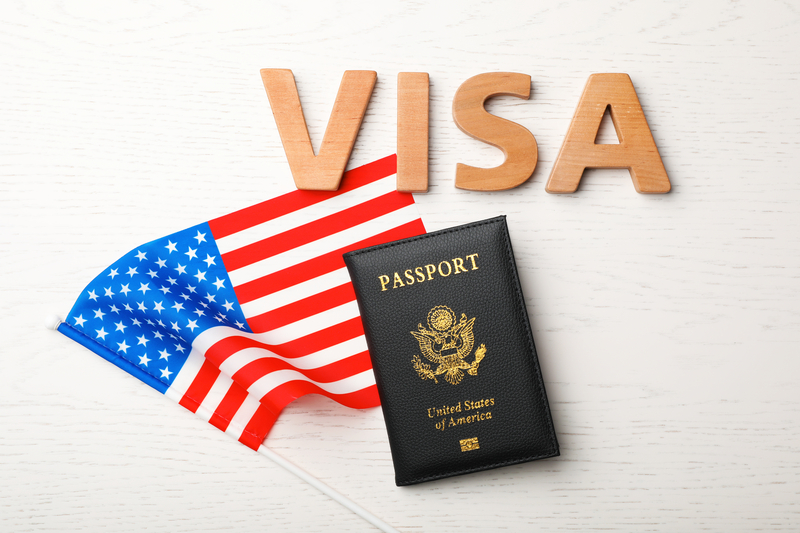
False alarm, but scare should serve as a reminder
Monkeypox. Sound scary? It is.
Monkeypox is an infectious disease, closely related to small pox that occurs primarily in villages of Central and West Africa that are in close proximity to tropical rainforests. Humans who contract the virus will experience fever, chills and drenching sweats. After about a week, the person will develop a popular rash and some will see lesions that can become ulcerated. Most recently, there was an outbreak of monkeypox that originated in Villa Park, Illinois, a suburb of Chicago, in 2003 when an exotic animal dealer kept young prairie dogs in close proximity to an infected rat. Seventy-three people became infected.
Monkeypox was a scare for a Delta Air Lines flight that landed in Chicago’s Midway Airport on Thursday when a passenger with a rash was checked for possible infectious disease. The Centers for Disease Control and Prevention (CDC) was contacted after a family member of the woman reported concern that her rash could be monkeypox because the women had been in Africa. Yahoo News reported, “The department was notified about 3:45 p.m. local time that the flight was landing, and the passengers and crew were allowed to leave the airplane by about 6:15 p.m. with no one taken to a hospital.”
Thankfully, the CDC said, “Based on the patient’s symptoms and photographs of the rash, it does not appear that the signs and symptoms are consistent with a monkeypox infection.” They said there was no reason to believe there was any risk to other passengers. They considered it a false alarm over bug bites.
This monkeypox scare should remind you of the movie Contagion, where Gwyneth Paltrow brings over some weird pig-bat disease from Japan that kills people within days. The premise of the movie isn’t so far-fetched. Dr. Danny Alvarez from Fox News wrote, “We need to realize that in today’s world, any contagious disease can be brought to American soil—at any minute—via international travel. Not all countries have the same vaccinations and guidelines as we do, so diseases that are eradicated here, may still be very present in other parts of the world.”
The PSA “If you see something, say something” is important during air travel, too. Alvarez wrote, “it’s quiet important for airline personnel, as well as passengers, to always be aware of their surroundings and be sure to speak up about any health concerns you may observe, because prevention is the key to protecting the lives of the population.”















